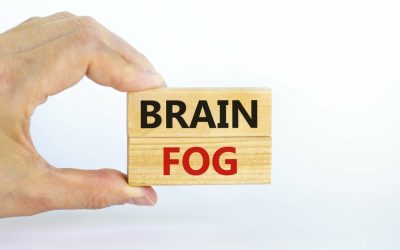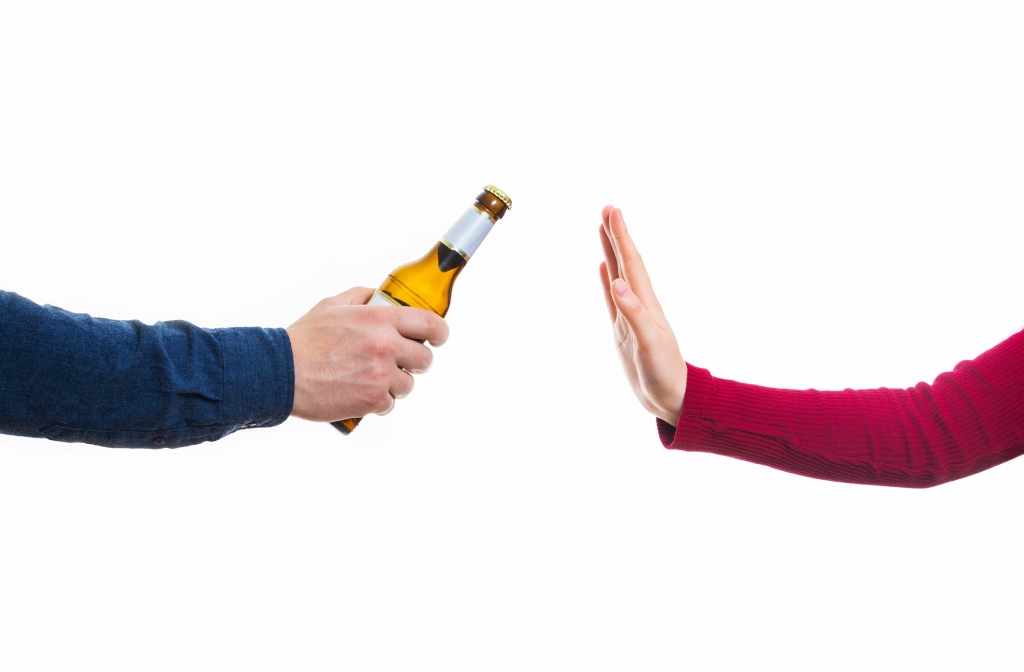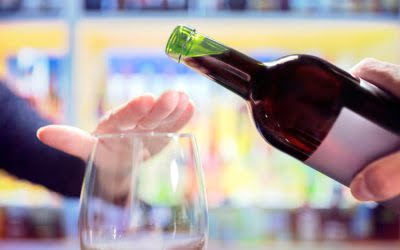Without it, you can think more clearly, stay on task, and get more done in both your personal and professional life. Alcohol is often packed with empty calories and added sugars, which can lead to weight gain over time. Many people notice weight loss when they stop drinking, even if they aren’t trying to shed pounds. Plus, alcohol can irritate your digestive system, so cutting it out can improve digestion and reduce bloating. One of the most immediate changes people notice when they cut back on alcohol is an improvement in their skin. Alcohol dehydrates your body, which can lead to dullness, puffiness, and even breakouts.

Reasons to Love an Alcohol-Free Lifestyle
The rewards for being alcohol-free include health benefits like better sleep and weight loss. Mental health benefits like less stress and anxiety are also part of it. When you commit to a life that doesn’t include alcohol, each step you make brings you to a productive and fulfilling future. On the other hand, quitting alcohol can help to prevent depression by allowing serotonin levels in your brain to return back to normal. Alcohol is also known as a depressant and it’s no surprise that many people become depressed when they drink consistently for long periods of time. Alcohol affects the brain’s serotonin levels, which can lead to depression.
Share this comment

It is totally understandable that sometimes it is just possible to avoid being around people who are drinking alcohol for various reasons. What you can do in such a situation is to find a substitute drink that you can access at that time or carry it with you just in case you have such an encounter. When you have your own drink, it will keep people from offering you alcohol and also keep you from having the urge to get something to drink. Having a casual drink at the workplace is often a cause for people breaking their sobriety streak.
Improved Mood and Emotional Resilience
Whether it’s for health reasons, personal growth, or as a way to improve relationships, the decision to live alcohol-free can be transformative. When I started feeling better about myself, I began to attract people who were on the same wavelength. I magnetize others who are really aligned with my healthy lifestyle. My life is abundant with loving, supportive human beings. The best surprise in sobriety has been finding a new group of like-minded people.
- Even one glass of wine per night decreases the number of REM cycles down to 1 or 2.
- Before diving further into the myriad of benefits of sobriety, let’s demystify what alcohol does to our systems.
- As alcohol exits your system, your sleep quality may improve, leading to more restful nights.
- When alcohol is no longer the center of every outing or celebration, conversations and relationships can become much more meaningful.
- This guide will explore five benefits that come with living an alcohol-free life.
Improves mental health

Diet soda, club soda or sparkling water, and other caffeinated beverages tend to be preferred. This newfound liberation helps you embrace life confidently and have control over what you choose to do. Cutting the cycle of alcohol abuse makes you aware of yourself. You can now understand what you want, what triggers you, and what you hope to achieve. Self-discovery allows you to grow, have a sense of purpose, and appreciate yourself in many ways possible. If you are a pinner on Pinterest, please share this post with your favorite midlife board.
I work with many people who are new to sobriety.
When you choose a drug-free lifestyle, you have the opportunity to make amends, heal old wounds, and reconnect with those you alienated as a result of your addiction. It takes work, and not everyone will be receptive to your advances, but it’s worth the effort just https://ecosoberhouse.com/ the same. Drugs don’t destroy your physical appearance all at once. Rather, they chip away at your looks little by little. What starts out as bloating, flushed skin, and undereye bags becomes weight gain (or loss), scabs, and accelerated signs of aging. Improved judgment supports personal and professional success, as well as overall life satisfaction.
Reasons Why You’ll Love Life Alcohol-Free
But as she began talking about her experience with being alcohol-free, she discovered other people experienced the symptoms too. Symptoms like sleepless nights, night sweats, feeling groggy, etc. are simply how alcohol affects the human body. Everywhere we look, we get the message that alcohol is essential to a good time. Society tells us, our own minds tell us, even well-meaning friends sometimes give us that look like, “Oh, you don’t drink?
When you decide you’ve had enough alcohol, it can positively impact your body and life in ways you never thought of. When you quit drinking, these relationship issues can be lessened because your life becomes more stable without the influence of drugs or alcohol. You’ll have a clearer head which will allow you to resolve list five benefits of living alcohol-free issues faster and communicate more effectively.
So, if you’re thinking about quitting drinking, or Alcohol Use Disorder if you’re early in your alcohol-free journey and wondering if it’s really worth it, I’m here to tell you it absolutely IS. Alcohol is a depressant, which means it can mess with your mood over time. When you quit or reduce alcohol, you’ll likely notice that your mood is more stable, and you’re able to handle stress and emotions more effectively. This emotional resilience makes it easier to cope with everyday challenges. Did you know alcohol can weaken your immune system?
It definitely makes you consider the benefits of being teetotal. Also, the low-alcohol or alcohol-free beer and wine market is growing, which suggests a trend towards moderation. Sober September was created a while back to help more people experience the benefits of teetotal living. Recent lockdowns and pandemic-related stress have driven even more people to regular drinking, or to increasing the amounts of alcohol they consume. In a UK survey from July 2020, a third of the people admitted to having increased both the frequency and the amount of alcohol they drank during the country’s first lockdown.